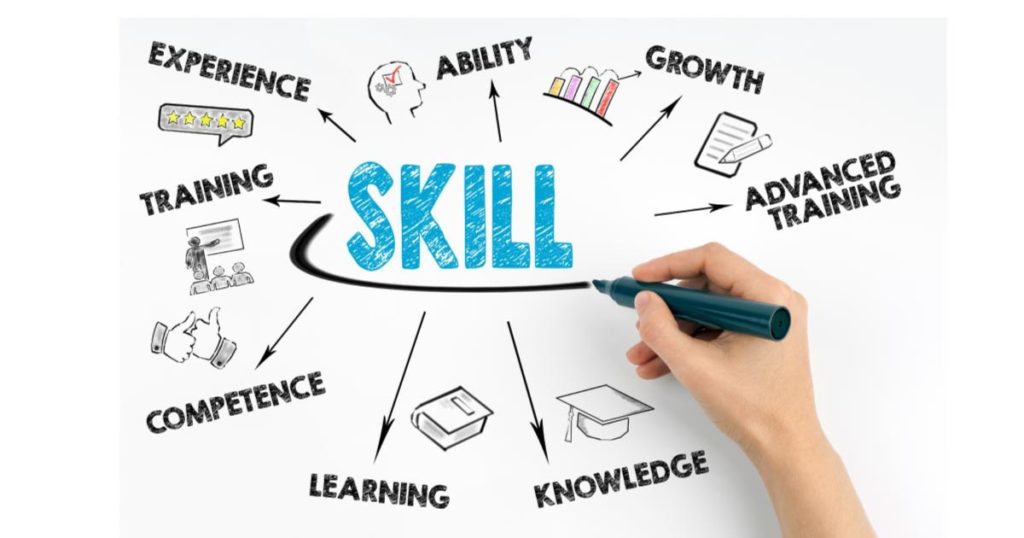
“PSYTIPTOP training, get the skills!” is a personal and customized training service containing the following four sections:
1) improve Emotional Intelligence (EI) skills that allow aircrew to interact effectively with colleagues, as measured by the section 3 of the “PSYTIPTOP survey get involved!” self-assessment questionnaire.
2) update Psychological Supervisors on the special characteristics of pilot life: experiences and stress due to the peculiarities of their profession, such as shift work, extended periods away from home, burdens on family and friends as well as a sometimes-limited social life.
3) update the Aircrew Peers to detect symptoms of stress and burnout, to identify consequences of styles and conduct of life, to refine the psychological techniques for peer support provision to aircrew colleagues, including recurrent training and psychological continuous supervision.
4) update all the actors involved on best practices (pilots, health professionals, managers) to put in place to manage difficult situations.
The section one has the aim to improve the Emotional Intelligence (EI) skills. Emotional Intelligence is the ability to identify and manage own emotions and the emotions of others, allowing aircrew to interact effectively with colleagues.
The Aircrew self-assessment “PSYTIPTOP survey, get involved!” on the five dimensions of the Emotional Intelligence gives a first indication for a focused training to empower the Aircrew Peer Skills. A personal and customized training will be offered to empower the five dimensions of Emotional Intelligence (cf. Goleman, 1998):
- Self-awareness: the ability to recognize the feeling, to understand the habitual emotional responses to events and to recognize how the emotions affect behaviour and performance.
- Managing emotions: the ability to stay focused and think clearly even when experiencing powerful emotions.
- Motivating oneself: the ability to use deepest emotions to move oneself and guide towards goals.
- Empathy: the ability to sense, understand and respond to what other people are feeling.
- Social Skill: The ability to manage, influence and inspire emotions in others.
The section two has the aim to update psychological Supervisors on the special characteristics of aircrew life: “Pilot is not a profession, it’s an identity”, this sentence reassumes well the way the aircrew members feel their profession. Even if the health professionals are aware about this, they should be updated about the special characteristics into which aircrew live. A customized training will be offered to all psychologists involved in Peer supervision.
The section three has the aim to update the Aircrew Peers to detect symptoms; training is offered concerning the following issues:
- ranges of ‘normal’ behaviour and reactions
- work-related and other life stressors
- coping strategies; how to maximize personal resilience to adverse life events
- the importance of seeking assistance early before mental ill-health or psychological issues present a risk to a career or the safety of others
- destigmatizing mental ill-health
- the availability of further help pathways e.g. self-help information, P-PAN referrals to health professionals, pilot representative organizations, emergency organizations and other support associations
- signs and symptoms of mental ill health; early recognition of the most common mental ill health conditions e.g. depression, anxiety, post-traumatic stress disorder, panic disorder, obsessive-compulsive disorder
- drugs and alcohol; potential effects and early signs of misuse
- medication and potential effects and early signs of misuse
- when it is appropriate to flag concerns about a colleague to them and when to report concerns to others without a colleague’s consent
- making families aware of the P-PAN facility for reporting concerns
- scope of the Peer Support Programme
The section four has the aim to update all the actors involved on best practices: (pilots, health professionals, managers). Best practices are results of experience in implementation and communication between the different professionalisms involved in the Peer Support Program. PSYTIPTOP works as a Pilot – Peer Assistance Network (P-PAN) gaining and redistributing all the best practices useful for an effective implementation of a Peer Support Program.
Further info: psytiptop@gmail.com
Best regards,
Dott. Glauco Trebbi, Aviation Psychologist
PSYTIPTOP Copyright ©
